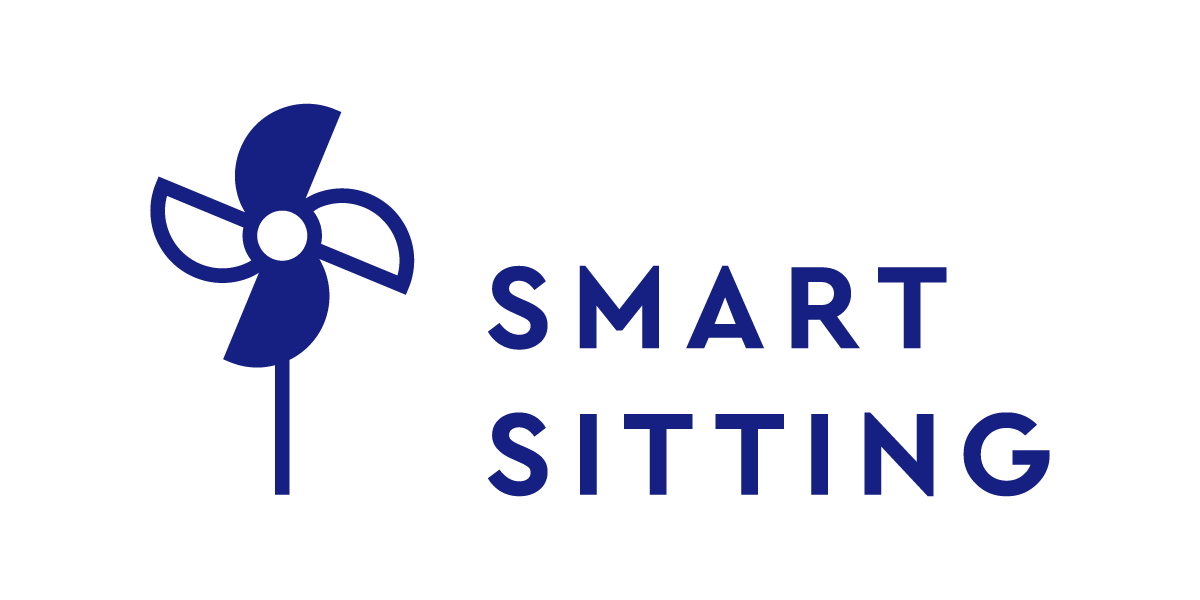Signs You Need To Care For Your Mental Health
By: Rock Abrahamson
Mental Health Awareness Month is fittingly celebrated in May. Between the chaos of school ending, the seasons changing, and schedules adjusting, we could all use an extra reminder to focus on our mental health. Whether outwardly physical, mental, within your career, or in your social interactions, your body will signal that you need to slow down and focus on your mental health.
Physical indications that you need to focus on your mental health include:
Falling behind on personal hygiene
Not keeping up with medical needs
Disrupted sleep or a change in sleeping patterns
Change in appetite (not eating, over-eating)
Worsening physical symptoms such as heart rate, acne, sweating, dizziness, headache, GI symptoms, muscle pain, chest pain
Low energy
Less vocal tone variation or change in vocal volume
Blunted facial expressions
Crying more than usual
Change in sex drive
Signs in your social life may include:
Isolating yourself from family and friends or not reaching out to others
Avoiding social situations
Avoiding questions about yourself or your mental health
Loss of interest in activities that previously brought joy
Increase in risk-taking behaviors
Aggression towards others
Loss of joy or enjoyment of life
Mental or emotional symptoms involve:
Unsafe or suicidal thoughts or actions
Irritability or experiencing heightened emotions
Personality changes
Thoughts not based in reality
Feeling nervous or uneasy
Inability to perceive changes in one’s feelings, behavior, or personality
Mood swings
Loss of motivation or focus
Increased concern with appearance
Signals in your work life encompass:
You’ve become sarcastic and cynical about your work or your future
Feeling less productive
Falling behind on your work
New or increased conflicts with coworkers and supervisors
Increased tardiness or absences
Loss of motivation to succeed
Sudden desire to quit or change careers
Recognizing you need to devote more time and energy to your mental health is the first, and often hardest, step. Luckily, there are many things you can do for yourself and resources available to help you get back to feeling your best!
Some ways to improve your mental health include:
Take a mental health day or time off if you can
Dedicate more time to your mental health
Engage in your hobbies or try something new
Limit screentime
Get at least 8 hours of sleep
Eat well-rounded, healthy meals
Practice mindfulness and meditation
Spend time outside
Move your body for at least 30 minutes a day
Hydrate and limit caffeine
Spend time with loved ones
Speak with someone you trust or a health professional
Reach out to see what resources your employer may be able to provide you with within your job
Avoid excessive alcohol or drug consumption
Follow up with a mental health professional
HALT - are you: hungry, angry, lonely, tired
Additionally, there are lots of people who want to help you! Keeping your close circle informed will allow them to support you. Of course, many outside resources are available to you no matter your situation.
National Resources Include:
If you are in immediate distress,
Call 911.
Go to the emergency room at your local hospital.
Find a Comprehensive Psychiatric Emergency Program (CPEP). SAMHSA Behavioral Health Treatment Services Locator
National Crisis Lines
Crisis Text Line - Text HOME or HOLA or AYUDA to 741741 or text to 442-AYUDAME in WhatsApp
National Suicide & Crisis Lifeline - Call or text 988
24/7 Hotline: 1-800-273-8255
Spanish: 1-888-628-9454
For Deaf and Hard of Hearing - 1-800-799-4889
For TTY Users, use your preferred relay service or dial 711 then 988
National Domestic Violence Hotline - (800) 799-7233
Childhelp National Child Abuse Hotline - (800) 422-4453
National Sexual Assault Hotline - (800) 656-4673
Disaster Distress Helpline - 1-800-985-5990
SAMHSA’s National Helpline - 1-800-662-4357 - treatment referral and information service (in English and Spanish) for individuals and families facing mental and/or substance use disorders.
The Trevor Project - 1-866-488-7386 - crisis intervention for LGBTQ+ youth
Warmline Directory - phone, chat, or text lines that provide empathetic listening and peer support to individuals who may be experiencing distress or loneliness, or those seeking validation from a peer with lived experience who identifies with their concerns and can offer a confidential and non-judgmental space for connection and self-directed exploration of possible solutions and alternatives.
Additional National Resources
OASAS - Office of Alcoholism and Substance Abuse Services - 1-877-846-7369
National Eating Disorders Association- 1-800-931-2237
National Mental Health Association - 703-684-7722
National Alliance on Mental Illness - 800-950-NAMI or 703-524-7600
American Psychiatric Association - 1-888-357-7924
American Psychological Association - 202-336-5500 / 1-800-374-2721
Association for Children’s Mental Health - 517-372-4016 / 1-888-226-4523
National Institute of Mental Health - 1-866-615-6464
Mental Health Empowerment Project - 518-434-1393
National Council for Mental Wellbeing - 202.684.7457
If this helped you, it might help someone else too. Share this blog post with someone who needs a reminder they’re not alone:



